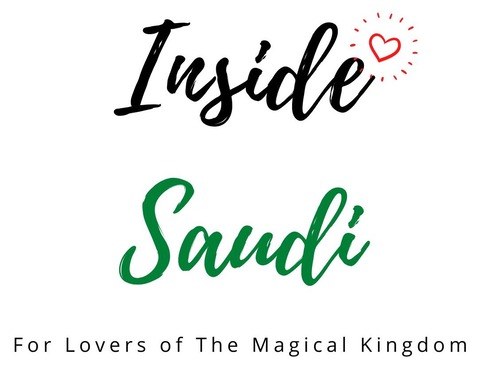Of course, no one can truthfully answer it since he/she won’t remember being born in Saudi Arabia. However, all my children were born in the kingdom. They are not Saudi nationals and having spent their childhoods here they also know very little about the UK, the country of their father.
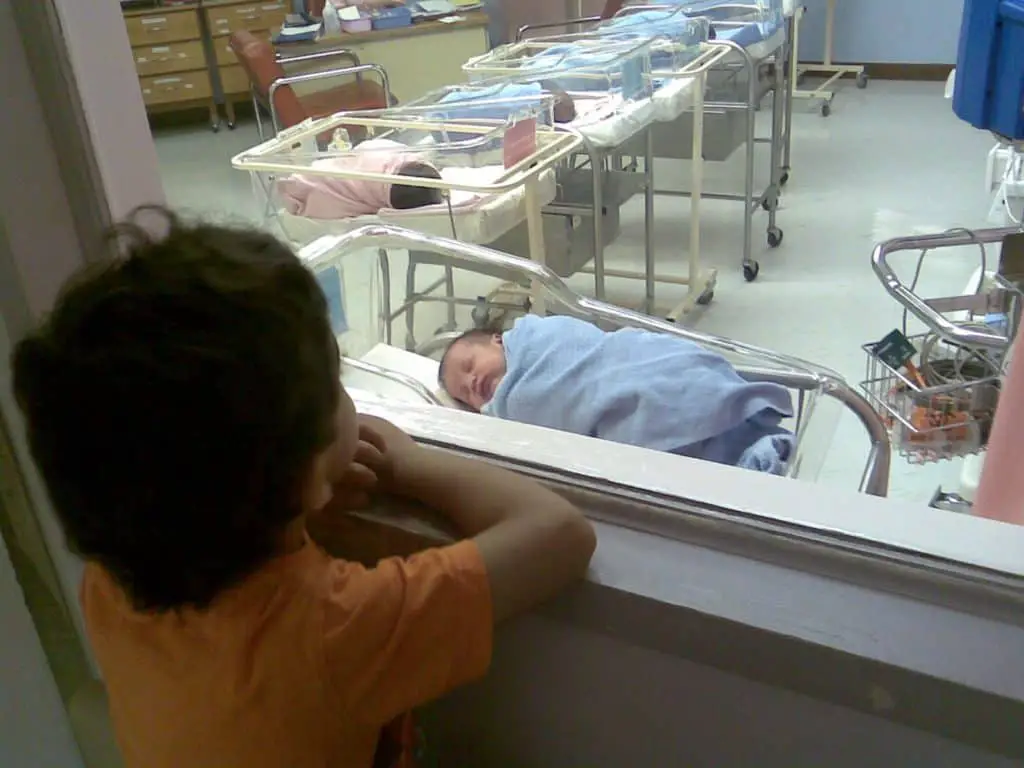
So, what Is It Like For Expat Children To Be Born In Saudi Arabia?
Expat kids are born and grow up in the Saudi kingdom without ever feeling they belong nor ever being allowed to have a meaningful relationship with the country. Equally, they know very little of the country of their parents. 3 million out of the current population of 11 million were born here. Even, shorts visits abroad do not allow them to establish roots or any kind of meaningful background.
Located Far Away From Their Roots
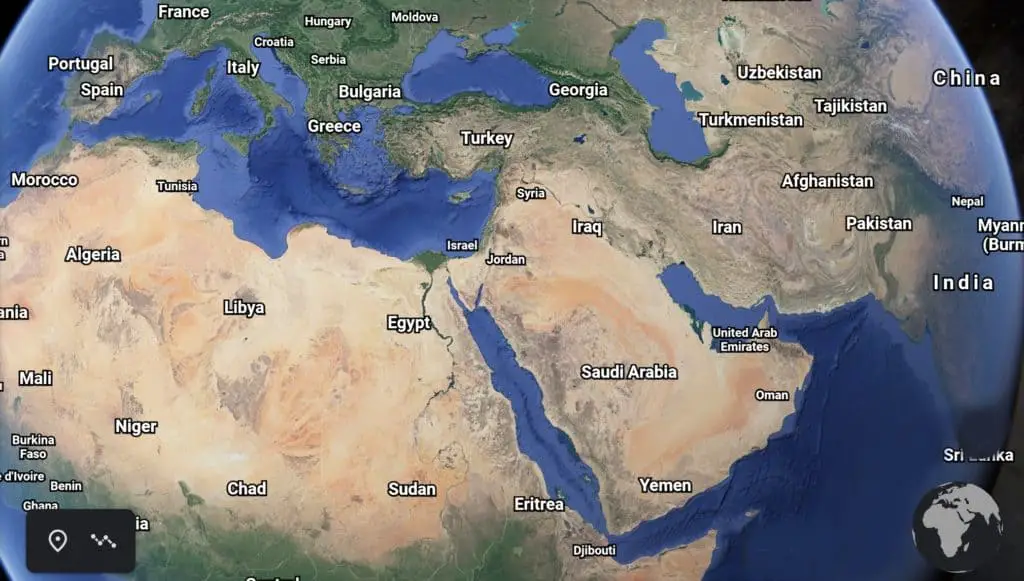
Relevant though is the question of nationality. When a Saudi baby is born, he/she is welcomed into the world by his/her parents and many other close relatives. In the kingdom, they have an extended family, a longstanding history and full rights as a citizen.
However, a baby of expat workers will only be received by his/her mother and father and if he/she is lucky by one/two grandparents. His extended family is not in the kingdom. They probably reside thousands of kilometers away.
They have no family support, almost no history, and enjoy only limited rights which are those as determined by the terms and conditions of the parents’ employment contract, work visa and residency permit (Iqama).
However, a number of second, third-generation children of foreign parents exist who have never been to the country of their parents.
They have become fully integrated into Saudi society. Like my own children, they speak the same Saudi Arabic dialect, share the same cultural life and know no other country. Yet, in spite of this, they must be sponsored and renew their residency permits like every other foreign national.
Approximate Figures of Births and Status of Foreign Nationals in Saudi Arabia

| Status | Numbers |
| Number of Foreign Nationals | 11, 000,000 |
| Indian Second/Third Generation Saudi Born | 40,000 + |
| Other Nationalities Second/Third Generation Saudi Born | 62,000 + |
| Saudi Women Married To Foreign Nationals Mothers With Children | 2,000 in 2011 5,000 + Today |
| Births Registered By Foreign Nationals In Saudi Arabia | 16% + of the total number registered |
There are about 40,000 Saudi born third generations Indians who know nothing of their parent’s country. If this is also true of other major nationalities then the total number of second/third generation Saudi born foreign nationals today reaches 100,000 individuals.
Westerners Don’t Learn The Arabic Language
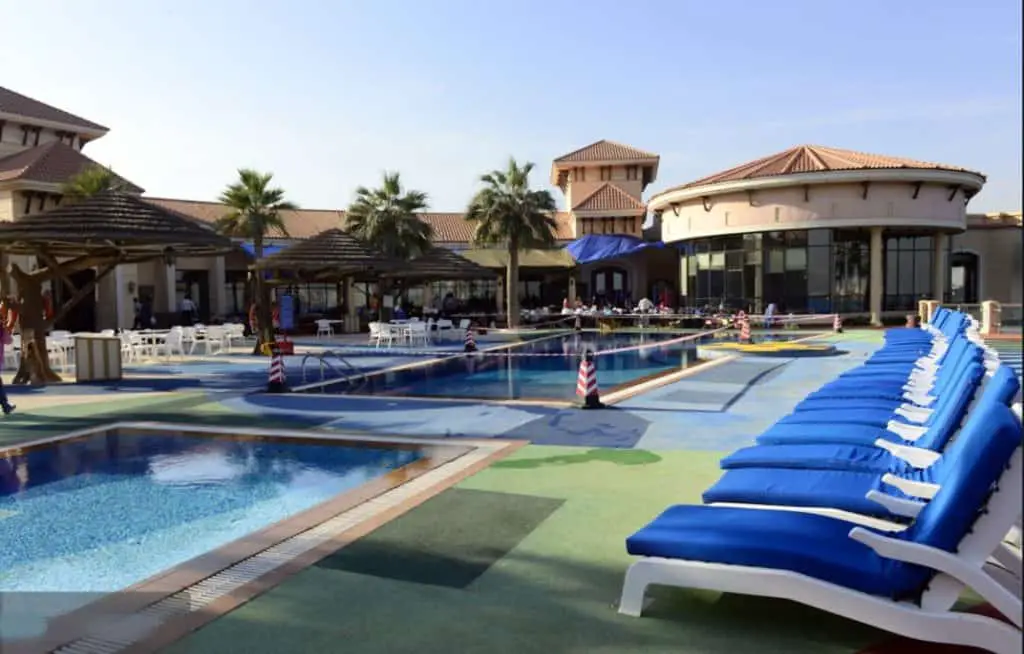
Now, if his family never bothers to learn Arabic or to make friends with Arab or Saudi people, the child’s life experience, though perhaps an enjoyable one, is going to be fairly limited.
Educated expat families in Saudi Arabia exist in a kind of bubble, especially the more Western and professional expats. Most live on compounds. Many rarely exit their communities to establish ties with other nationalities, let alone to be with Saudis.
And, none of them are ever likely to bother learning the Arabic language.
They are the most protected yet have the most isolated expat experiences. Many live for decades in Saudi Arabia but due to prejudice, fear or who knows what, never come to know other nations, never learn other languages and live an insulated life, devoid of any cultural experiences or enjoyment of other nationalities.
Indians, Bangladeshis and some Filipinos Do Learn Arabic
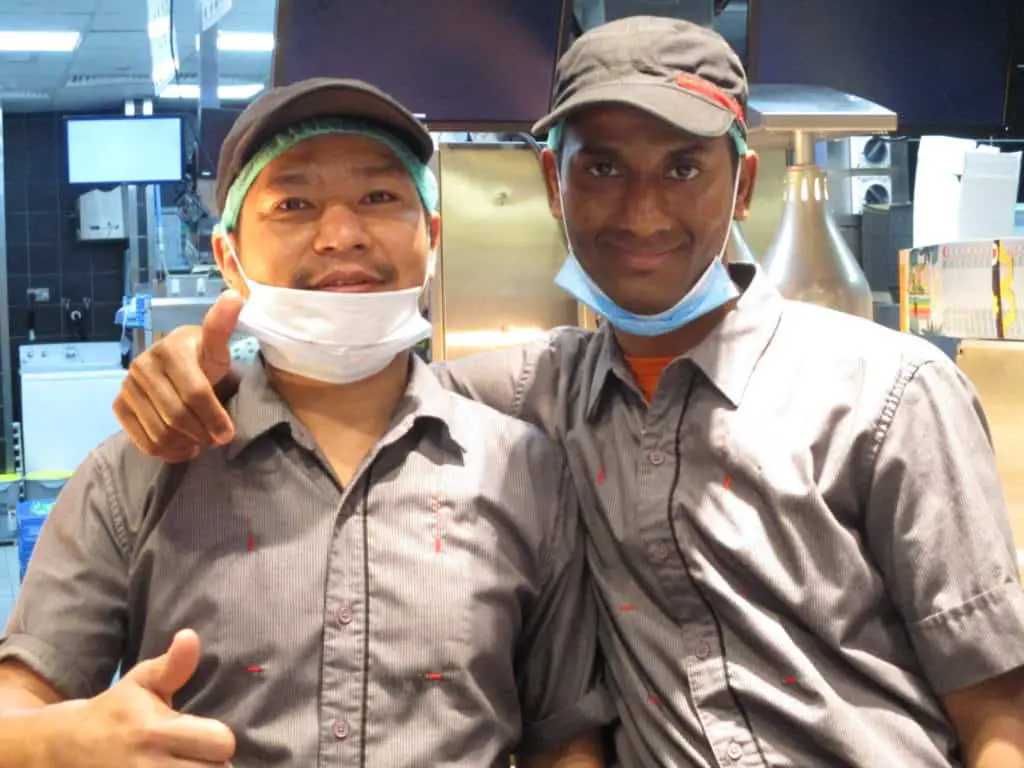
Arab nationals of course already know Arabic. However, the Indians, Bangladeshis and the Philippino nationals have a lot more contact with the Saudi/Arab community since they are the nurses, shop keepers, drivers, cooks, cleaners working in the closely tied service industries.
These nationals do make an effort to learn Arabic since their work demands it. They do understand the local culture better since they are often intimately involved in the lives of Saudi families.
There’s is a richer cultural life’s experience. Due to their intimate contact with Saudis and Arabs, these nationalities likely to suffer the most once their work ends and when they are obliged to return to their home countries.
Multiculturalism and Integration
Unlike Europe and the Western world, Saudi Arabia has no beef with foreigners failing to integrate into the Saudi culture simply because they do not especially require them to be part of the Saudi historical or cultural experience.
As far as the government and its nationals are concerned foreigners are a class apart, the workers, servants and dispensible class of people who run businesses and create the wealth. They work long hours, are paid much less than Saudi counterparts and enjoy much fewer rights.
Saudization and The Exodus Of Foreign Nationals
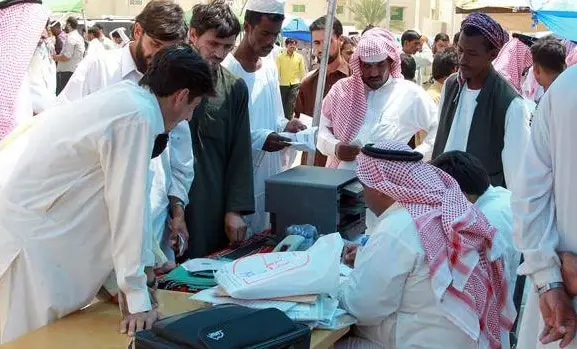
In fact, the current massive drive towards Saudization together with the imposition of heavy taxes on expat families with the negative impact both on the Saudi economy and on foreigner numbers clearly shows the intention to replace them all with Saudi nationals and not to grant any additional rights to them in future.
Read an article about Saudization (Nitiqat) and its impact with the exodus of expats from Saudi Arabia in The Real Costs of The Expay Levy in Saudi Arabia.
Not only does the kingdom not want integration, Saudi Arabia no longer wants foreigners working in the kingdom at all. We hope and pray that one day it will begin granting them nationality and permanent rights to remain in the kingdom.
However, it seems that the kingdom is quite determined to replace as many foreign workers as possible with Saudi nationals and return its long-standing foreign workforce back to their original countries of origin.
The Saudi Green Card Scheme
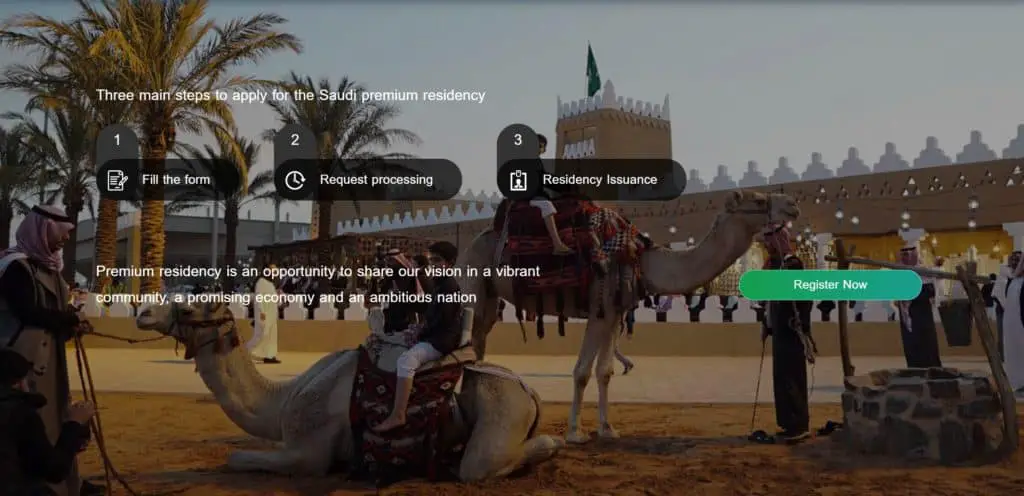

However, there is a scheme to buy a Green Card called the Saudi Premium Residency. It is still based on the sponsorship (Kafala) system but allows more freedom to run a business and to leave and return to Saudi Arabia. To be eligible you must pay the one-time fee of $ 213,000, a figure way beyond the reach of most ordinary employed expats.
Click here to read all about the Saudi Premium Residency Scheme.
Foreign Nationals and Income Generation
Unlike Saudis, expats are very limited in spending opportunities while living in the kingdom.
They do contribute massively to the economy as much as they can by spending in shops, paying energy bills, schools, cars, petrol, housing bills and the like.
Expat Residents Are Prevented From Owning Businesses
However, they cannot buy houses, run businesses, own land, invest, buy and sell, even own large vehicles.
If expats are not allowed to do things with their money within the kingdom, then, of course, they will send it outside where it can be used and invested in projects abroad.
By necessity when they come, international tourists will spend in the same ways but equally, theirs is also a very limited economic participation.
High-End Tourism in Saudi Arabia

Much of the expansion in tourism projects today is hi-end, high spending such as The Tantora Winter Festival, the Red Sea Project, Neom, and Qiddiya etc. Only people with money can and will enjoy these attractions.
Click the following links to read about Tantora, Red Sea Project and Qiddi projects.
- The Complete Guide To The Tantora Festival
- What Is The Red Sea Project In Saudi Arabia?
- What Is Qiddiya All About?
Development today in the kingdom is about investment and high ticket spending.
Replacing Expat Workers With Tourists For Non-Oil Income
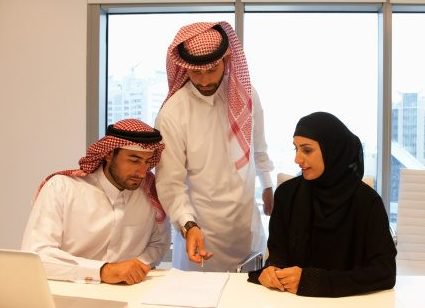
What Saudi Arabia rightly wants is income and employment for its nationals. Recently, it flung its doors wide open to international tourists and visitors as a means of bringing in hard currency that is not related to oil.
To read more and learn about how to get a Saudi tourist eVisa, click on the following link The one Stop Guide To The Saudi eVisa For Tourists. 
The kingdom is working hard to exploit this massive income opportunity by investing and developing tourist infrastructures and making it very easy for outsiders to come to the kingdom to spend their money.
Tourists For Expat Workers
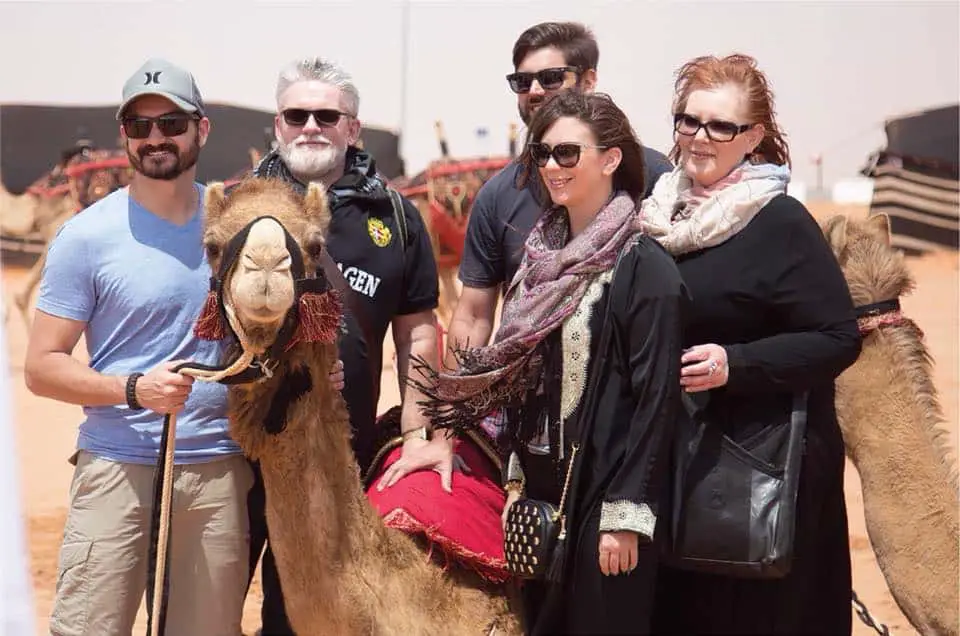
So on the one hand, it wants to send away as many of the 11 million expats currently residing, spending and contributing to the Saudi economic life, yet at the same time is spending millions of riyals to bring in millions of foreigners as international tourists and visitors.
In effect, they wish to stem from the drain of (salary) wealth leaving the country in the form of expat remittances and replace it with the massive income of hard currency that international tourism will provide.
To achieve this goal Saudi Arabia wishes to attract 100 million foreign tourists by the year 2030.
The Future
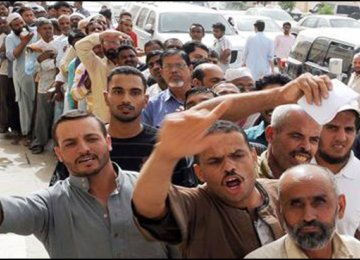
In the end, being born in Saudi Arabia in 2020 has few advantages unless you are Saudi. In fact for the future, fewer and fewer expat children are going to be born here.
Also, it looks highly unlikely that the long run established foreigners will be granted any more rights to remain permanently and become part of Saudi society.
Expat numbers are already fast declining and the younger generation of the families who originally settled in and having spent a lifetime in KSA have been returned back to the countries of their parents. For many, this has proven to be very difficult indeed.
Related Questions
Can foreigners get Saudi Nationality? Yes, but it is very difficult! They must have lived more than 10 years in the kingdom, be employed, speak, read and write Arabic and have a clean criminal record. The application is then sent to the Prime Minister and granted or refused by the Ministry of The Interior. Also, the wives and children of naturalized citizens can also be granted nationality in the same way.
Can Children of Foreigners Get Saudi Nationality? Yes! Children of foreign fathers/mothers can be granted Saudi nationality if the applicant’s father/mother is Saudi. However, they must speak fluent Arabic and get permission from the Saudi King.
Can women married to Saudi nationals get Saudi nationality? Yes and they do, but at a cost. it is that she has to give up her original nationality.
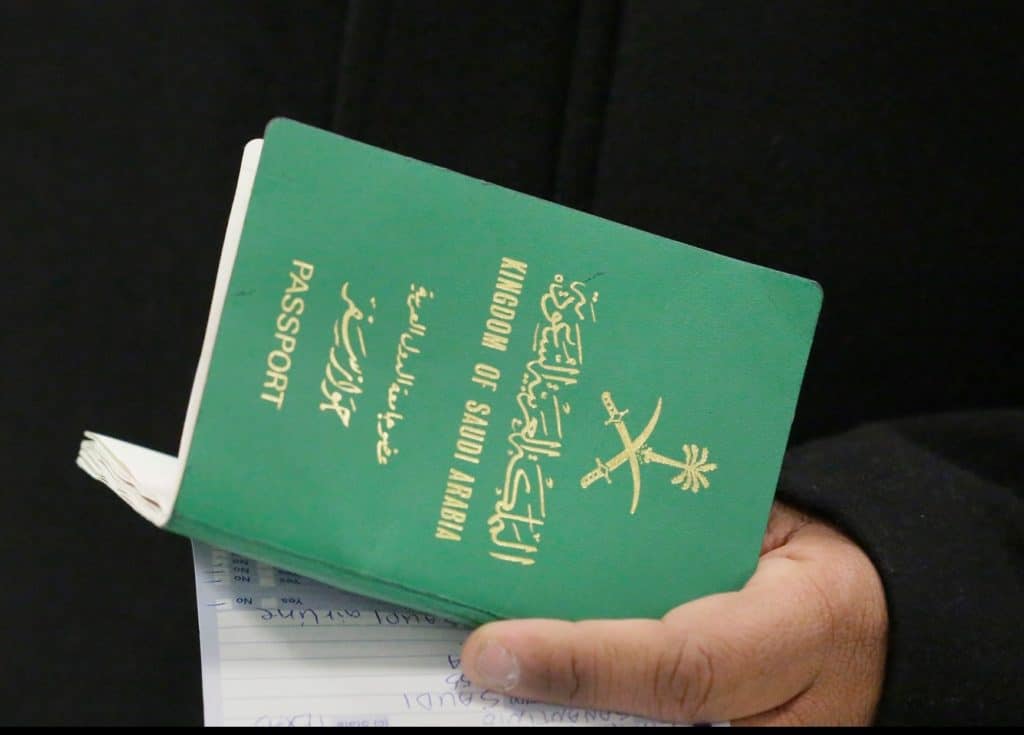
Useful Links and Sources
- Arab News – KSA Born Expats Seek Citizenship
- Quora-What’s It Like To Be Born In Saudi Arabia
